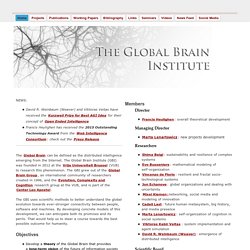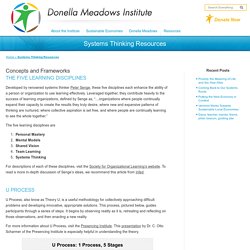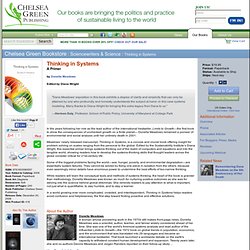

MedIT. Mobility Muse. COMPUTERs. Celebrate what matters, with the people who matter most - Google+ Frontiers in Neuroinformatics. Explain that stuff! Science and technology made simple. NextGenU.org The world's first portal to free, accredited, health education. Mind Maps. Complex Systems. Système complexe. Humane Ecology. Bionica. New Bionica. Apò mēkhanḗs theós. Transcendence. New Gaming. Mathematics. Gamified UK Blog. 100th Meme Keys. NeWeb Teams. Newer Technology. Presentation. Water Research. REALLY GOOD STUFF. Human-based computation. Human-based computation (HBC) is a computer science technique in which a machine performs its function by outsourcing certain steps to humans. This approach uses differences in abilities and alternative costs between humans and computer agents to achieve symbiotic human-computer interaction.
In traditional computation, a human employs a computer[1] to solve a problem; a human provides a formalized problem description and an algorithm to a computer, and receives a solution to interpret. Human-based computation frequently reverses the roles; the computer asks a person or a large group of people to solve a problem, then collects, interprets, and integrates their solutions. Early work[edit] Human-based computation (apart from the historical meaning of "computer") research has its origins in the early work on interactive evolutionary computation.
A concept of the automatic Turing test pioneered by Moni Naor (1996) is another precursor of human-based computation. Alternative terms[edit] Checklist_for_checklists_final_10.3.pdf. VHIL: Virtual Human Interaction Lab - Stanford University. About - Autodesk Research. Hindawi Publishing Corporation. ECCO Home. Global brain. Global Dynamics Processes: the Pattern which Connects from KaliYuga to Tao. The Global Brain Institute. The GBI uses scientific methods to better understand the global evolution towards ever-stronger connectivity between people, software and machines.

By developing concrete models of this development, we can anticipate both its promises and its perils. That would help us to steer a course towards the best possible outcome for humanity. Objectives (for more details, check our strategic objectives and activities) Assumptions We see people, machines and software systems as agents that communicate via a complex network of communication links. Challenges that cannot be fully resolved by a single agent are propagated to other agents, along the links in the network. The propagation of challenges across the global network is a complex process of self-organization. Complexity Digest - Networking the Complexity Community. Theoretical and Computational Biophysics Group. Systems Thinking Resources - The Donella Meadows Institute. Concepts and Frameworks The Five Learning Disciplines Developed by renowned systems thinker Peter Senge, these five disciplines each enhance the ability of a person or organization to use learning effectively.

Leveraged together, they contribute heavily to the success of learning organizations, defined by Senge as, “…organizations where people continually expand their capacity to create the results they truly desire, where new and expansive patterns of thinking are nurtured, where collective aspiration is set free, and where people are continually learning to see the whole together.” The five learning disciplines are Personal MasteryMental ModelsShared VisionTeam LearningSystems Thinking For descriptions of each of these disciplines, visit the Society for Organizational Learning’s website. U Process U Process, also know as Theory U, is a useful methodology for collectively approaching difficult problems and developing innovative, appropriate solutions.
Biomimicry Double Loop Learning. Thinking in Systems by Donella Meadows. "Dana Meadows' exposition in this book exhibits a degree of clarity and simplicity that can only be attained by one who profoundly and honestly understands the subject at hand--in this case systems modeling.

Many thanks to Diana Wright for bringing this extra legacy from Dana to us. "—Herman Daly, Professor, School of Public Policy, University of Maryland at College Park In the years following her role as the lead author of the international bestseller, Limits to Growth—the first book to show the consequences of unchecked growth on a finite planet— Donella Meadows remained a pioneer of environmental and social analysis until her untimely death in 2001. Nielsen Norman Group: UX Training, Consulting, & Research. From brick and mortar shops to city planning, we cover sustainable trends in construction, renovation, and more.
Local Harvest / Farmers Markets / Family Farms / CSA / Organic Food. Where does YOUR FOOD come from? IFT.org. IUFoST International Union of Food Science and Technology.